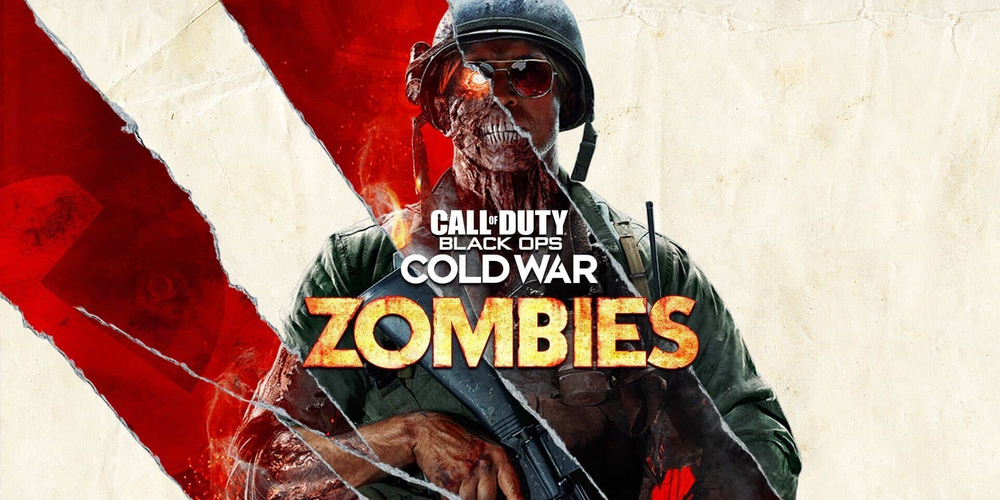- Ryan Gutierrez
- 16 Jan 2024

The Undead Might Have Walked: Raven Software's Lost Vision for Call of Duty Zombies
In the ever-evolving tapestry of video game history, many concepts never see the light of day, their potential eternally shrouded in the what-ifs of development archives. Such is the tale of a once-promising project within the Call of Duty (CoD) franchise, specifically an ambitious live-service game dedicated to the franchise's beloved Zombies mode. This project, which could have reshaped the landscape of CoD's offerings, was in the works at Raven Software but was abruptly canceled, leaving fans to ponder what thrills it might have brought.
The concept was simple yet revolutionary: a standalone Zombies experience, perpetually infused with fresh content, storylines, and challenges. Raven Software, a studio with a rich history of supporting the CoD series, aimed to craft an immersive undead saga that could evolve and grow with player engagement. This idea wasn't just a fleeting thought; it was fleshed out, with Raven dedicating significant resources to its development between 2011 and 2012. Michael Gummelt, Raven's lead designer at the time, was at the helm of this initiative, steering the project toward what could have been a game-changer for the CoD community.
However, the landscape of game development, especially within a franchise as storied as Call of Duty, is often a maze of proprietary claims and strategic shifts. The live-service Zombies game faced a premature demise when the original creators of the Zombies mode, believed to be Treyarch, asserted their ownership of the intellectual property and brought the project to a halt. The reasons behind this decision remain speculative, but it's not uncommon for studios to protect their creative assets, particularly when they are as successful and iconic as CoD Zombies.
The cancellation was not just to the team at Raven Software but also to the legions of fans who, unbeknownst to them, missed out on a potentially engaging new avenue within their favorite franchise. The disappointment was compounded when Raven began work on a sequel to one of its classic intellectual properties in 2019. This project promised to breathe new life into a beloved series, with two "highly playable" prototypes developed before Activision redirected Raven's focus to support the wildly successful Call of Duty: Warzone.
The gaming world is no stranger to projects pivoting in response to market forces, and Raven's redirection to bolster Warzone's success is a testament to the industry's unpredictable nature. Yet, it's hard not to feel a pang of regret for the road not taken, particularly for classic Raven titles like Heretic and Hexen, which could have experienced a renaissance during the current boom in retro-style shooters. These missed opportunities underscore the delicate balance studios must strike between innovation and market demands.
As the Call of Duty franchise continues to dominate the gaming scene, tales of what could have been offer a fascinating glimpse into alternate realities where different bets were placed, and different games flourished. Raven Software's lost Zombies live-service game is a poignant reminder of the creative risks that often remain behind the curtain, overshadowed by the blockbuster hits that make it to market. While we may mourn the undead adventures that never were, the industry's relentless march forward leaves us hopeful for the next big thing, lurking just beyond the horizon, waiting for its chance to redefine our gaming expectations.
Leave a comment
Your comment is awaiting moderation. We save your draft here
0 Comments